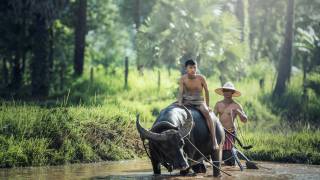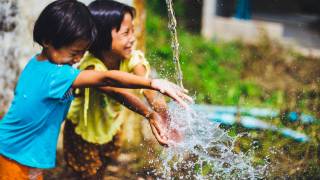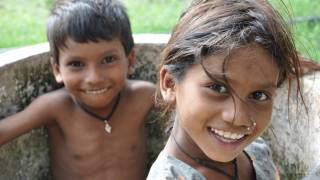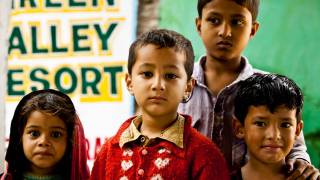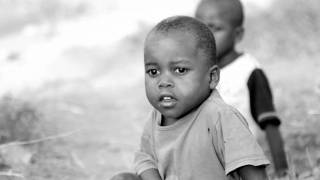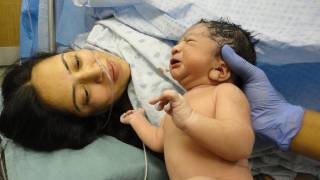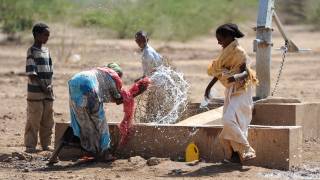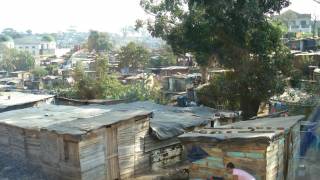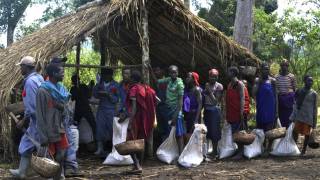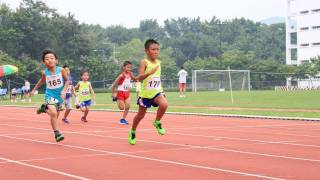Rotavirus Vaccine Passes Test in India
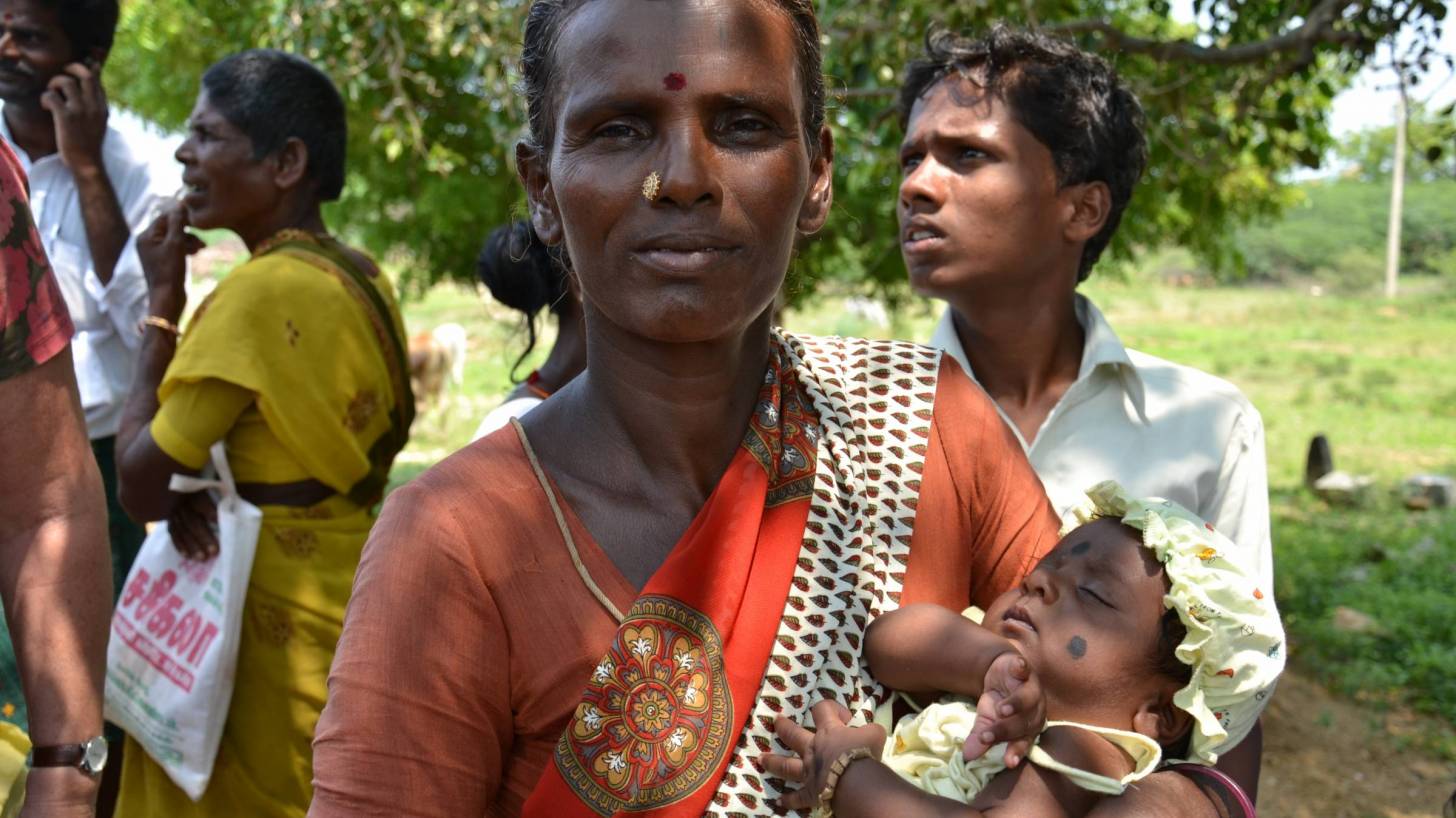
A Phase 3 efficacy study of the rotavirus vaccine BRV-PV (ROTASIIL) showed the vaccine provided significant efficacy against severe rotavirus gastroenteritis, according to a press release.
ROTASIIL reduced severe rotavirus diarrhea by 39 percent over two years during this study.
Significantly, the vaccine efficacy was nearly 55 percent against the most severe and potentially life-threatening cases of rotavirus diarrhea, which represent the highest risk of dehydration, hospitalizations, and deaths.
In 2013, an estimated 47,100 rotavirus deaths occurred in India, 22 percent of all rotavirus deaths that occurred globally.
Rotavirus is a contagious virus that can cause gastroenteritis (inflammation of the stomach and intestines). Symptoms include severe watery diarrhea, often with vomiting, fever, and abdominal pain. Infants and young children are most likely to get rotavirus disease.
Dr. Rajeev Dhere, executive director of the Serum Institute, under whose leadership this vaccine has been developed, commented, "We are delighted with these results, which indicate that ROTASIIL could save the lives of tens of thousands of children each year in India and, potentially, around the world."
The Government of India has placed an order for 3.8 million doses of ROTASIIL to use in the Universal Immunization Programme, which serves 26 million children.
Serum Institute is pursuing World Health Organization (WHO) prequalification to make this vaccine available for global procurement.
Dr. David Kaslow, PATH's vice president for Essential Medicines and global head of the Center for Vaccine Innovation and Access said, "This rotavirus vaccine is improving the supply of affordable rotavirus vaccines, both in India and worldwide."
In a separate Phase 3 study in Niger, results from the primary analysis (one year of data) also showed the vaccine to be highly efficacious for the prevention of severe rotavirus diarrhea and to have an excellent safety profile. The efficacy of the vaccine against severe and very severe rotavirus diarrhea in the Niger study was 66.7 percent and 78.8 percent, respectively.
These results were published in the New England Journal of Medicine in March 2017.
The ROTASIIL used in the India study was from the same lots of vaccine used in the Niger study.
The bovine-human reassortant rotavirus vaccine was developed by the US National Institutes of Health and licensed to several emerging-country manufacturers and one US company for further development. Serum Institute was one of the licensees and developed a pentavalent (five-strain) vaccine product (BRV-PV).
Two rotavirus vaccines are currently licensed for use in infants in the United States:
- RotaTeq (RV5) is given in 3 doses at ages 2 months, 4 months, and 6 months
- Rotarix (RV1) is given in 2 doses at ages 2 months and 4 months
Both vaccines are given by mouth (orally), not by a shot. The first dose of either vaccine is most effective if it is given before a child is 15 weeks of age.
Also, children should receive all doses of rotavirus vaccine before they turn 8 months old.
The CDC Vaccine Price List provides the private sector vaccine prices for general information. Vaccine discounts can be found at this webpage.
The BRV-PV (ROTASIIL) contains bovine-human reassortant rotaviruses against the most common rotavirus serotypes (G1, G2, G3, G4, and G9).
These researchers did not disclose any conflicts of interest: Naik, Zade, Sabale, Pisal, Menon, Bankar, Gairola, Dhere.
Our Trust Standards: Medical Advisory Committee
- Efficacy and Safety of a Pentavalent Rotavirus Vaccine (BRV-PV) Against Severe Rotavirus Gastroenteritis in Niger (ROSE)
- Serum Institute’s vaccine demonstrates significant efficacy against severe rotavirus gastroenteritis
- ROTASIIL CLINICAL TRIAL RESULTS
- Serum Institute's vaccine demonstrates significant efficacy against severe rotavirus
- Stability of heat stable, live attenuated Rotavirus vaccine (ROTASIIL®).
- Estimated rotavirus deaths for children under 5 years of age: 2013, 215 000


